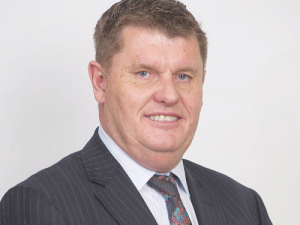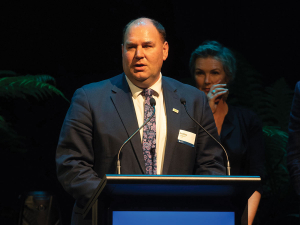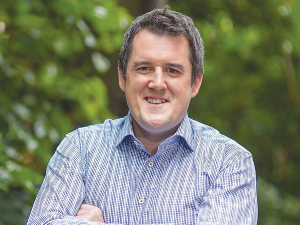Roger Smith says MPI’s research of Kiwis’ attitudes to biosecurity shows only 40% even know what it means.
The new unit – Biosecurity New Zealand – has at least 900 staff to deal exclusively with biosecurity, as part of the new Government’s plan to do it better.
Agriculture Minister Damien O’Connor says the unit will give MPI a clearer focus on this facet of its work. It will provide a single point of accountability and leadership for NZers who care deeply about the sustainability, safety and health of our environment.
“The biosecurity business unit will provide the direction, resources and people power to protect our country from biosecurity threats and respond quickly to outbreaks,” O’Connor says.
“It will also establish a biosecurity intelligence team to provide earlier warning of biosecurity risks. The team will use new, smarter technologies and skilled analysts to source and look at all available information on overseas pest and diseases.”
O’Connor claims earlier signals of biosecurity threats will help border staff to target air passengers and cargo most likely to carry risky goods, and people who deliberately flout biosecurity rules.
But Roger Smith concedes there are big challenges in running the group, especially in respect of getting the public to understand the issues. Farmers understand them but people in Auckland don’t, he says.
The need is to make the biosecurity messaging relevant to people.
New world after M. bovis
Roger Smith believes farming will change post M. bovis.
The M. bovis incursion shows we need to bring biosecurity back from the country’s border to the farm border.
“Farmers must learn that biosecurity starts at the farm; that’s very difficult for us,” he told Rural News.
“The Southland model shows cows move freely from farm to farm, people swap around and that is fine in a disease-free environment.
“But we don’t always have a disease-free environment and now we have to look at how we farm.”
Smith says we must look afresh at basic rules controlling the movement of animals between farms and preventing the spread of disease from farm to farm.
“We are learning quickly as the world changes and as farming gets more mobile and more agile; we’ll have to look at how we control the movement of goods and pests between farms.”
Meanwhile, Smith says the Government must soon decide on issues brought to light by M. bovis. Among these will be farm management systems and how they are implemented; some farms have ‘closed systems’, others don’t.
“I come from a dairy farm with a closed system and we have a very safe biosecurity system because of this,” he told Rural News.
“But if we have transient stock moving between farms, we must look and see what controls are in place before sending stock off farm, what controls are in place before stock are brought onfarm, and things like tractor movements.
“We have to ensure that a disease on a farm is not transmitted to another property.”
Smith says no change will be made to MPI’s running of the M. bovis incursion. The systems it used were based on science and internationally agreed models.









